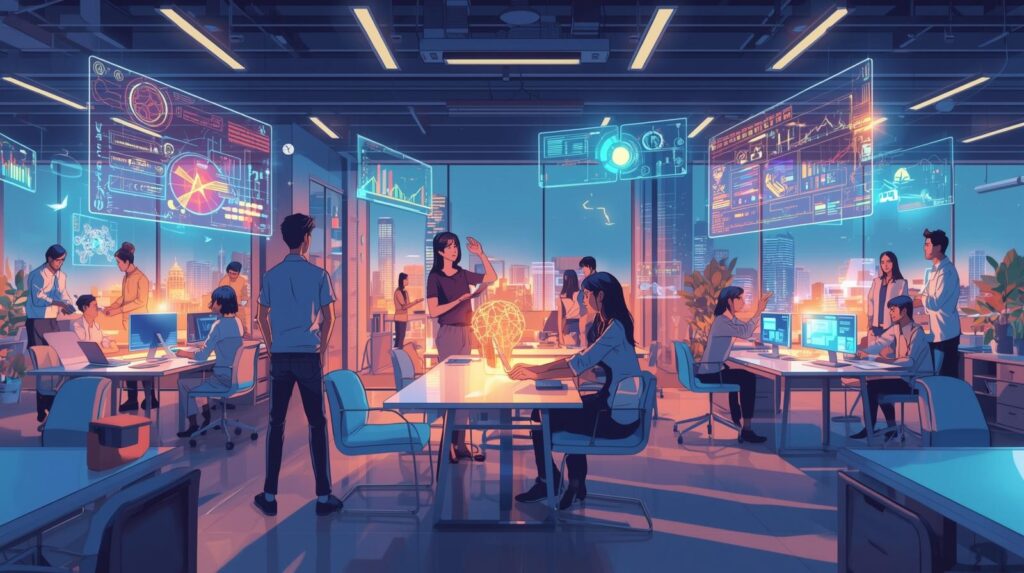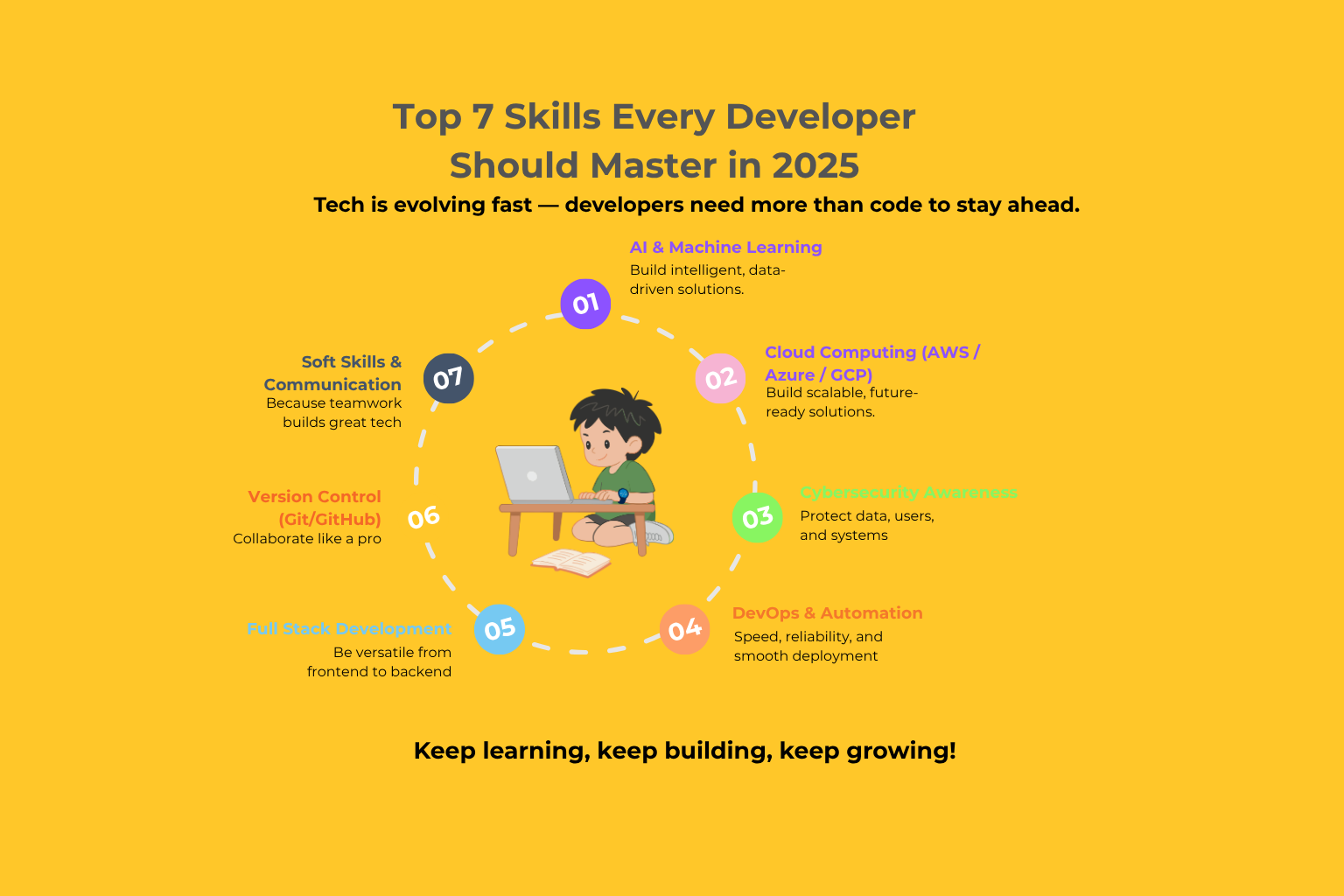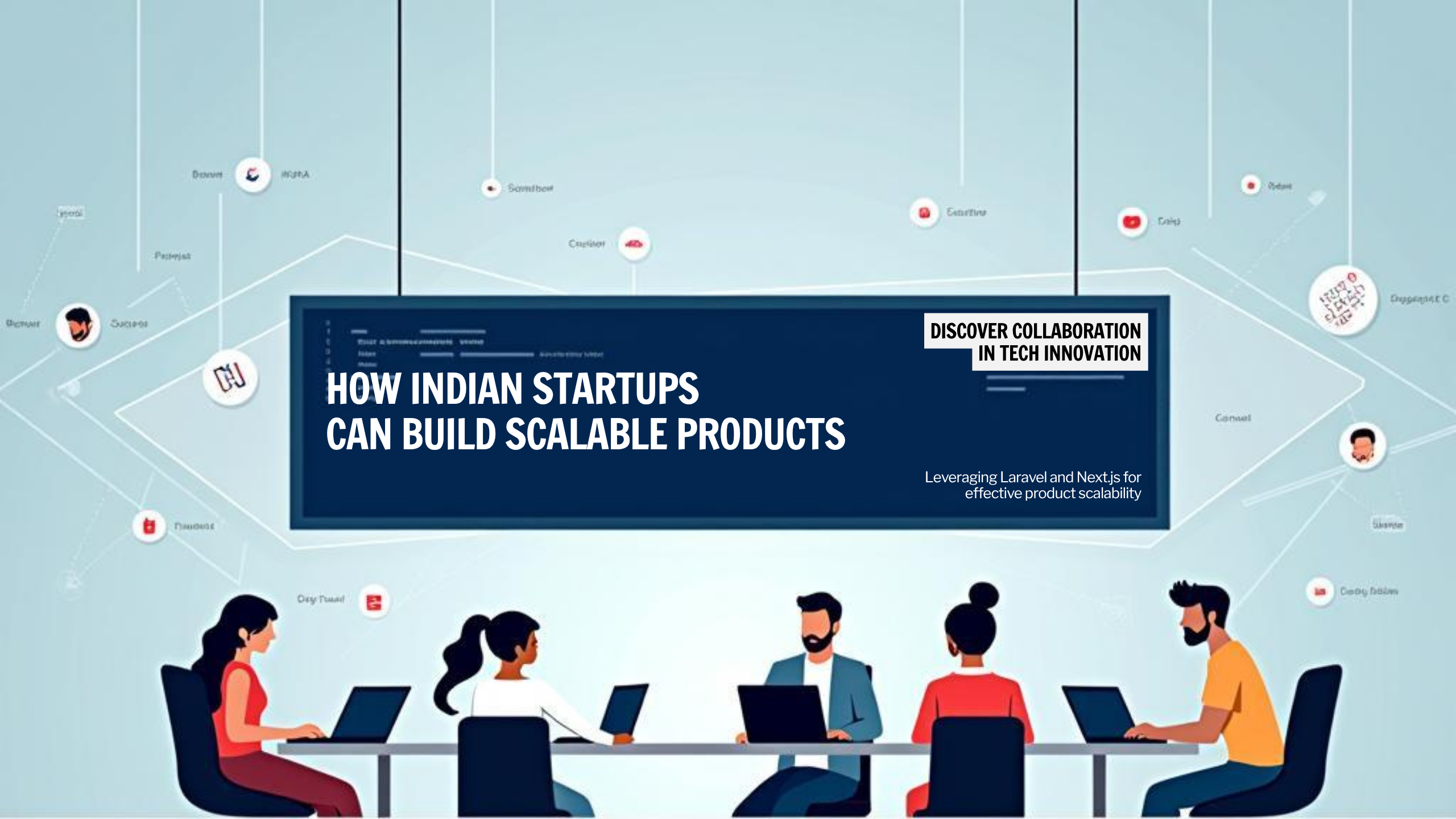In the rapidly evolving digital economy, Generative Artificial Intelligence (AI) has emerged as a groundbreaking force reshaping how businesses function, innovate, and scale. From content creation and customer service to data analysis and design, Indian startups are leveraging generative AI to stay competitive, efficient, and future-ready. What was once a futuristic concept is now becoming a practical business asset—driving growth across industries.


What is Generative AI?
Generative AI refers to a class of artificial intelligence systems capable of creating new content such as text, images, audio, video, and even code. These models are trained on vast datasets to learn patterns, styles, and structures, enabling them to generate fresh outputs that mimic human creativity.
Unlike traditional AI that focuses on analysis and prediction, generative AI is about creation. Prominent examples include:
- ChatGPT (for text and conversation)
- DALL·E and Midjourney (for image generation)
- Runway (for video creation)
- GitHub Copilot (for code generation)
These tools are now being integrated into everyday business operations, helping startups save time, reduce costs, and innovate faster.
At Sarnit Infotech, we integrate AI models into web and mobile applications to deliver intelligent digital experiences. Developers skilled in AI and ML have a major edge in the coming decade.
Why Indian Startups Are Leading the AI Revolution
India has one of the world’s fastest-growing startup ecosystems, supported by digital infrastructure, a young tech-savvy workforce, and increasing investor interest in AI solutions. Generative AI adoption in India is being driven by several key factors:
- Affordability and Accessibility
Cloud-based AI platforms like OpenAI, Hugging Face, and Google Cloud AI make advanced tools accessible even to small businesses. Startups can deploy AI without heavy upfront investment. - Efficiency and Cost Reduction
Generative AI helps startups automate content writing, marketing, customer interactions, and even software development—reducing dependency on large teams and lowering operational expenses. - Innovation and Product Development
AI tools accelerate ideation, prototyping, and testing. For instance, a startup developing a new app can use generative AI for UI design, coding assistance, and even creating demo videos—all in a fraction of the usual time. - Personalized Customer Engagement
Startups are using AI to analyze customer data and create tailored marketing messages, emails, and support responses. This level of personalization enhances brand loyalty and user satisfaction.
Our teams at Sarnit Infotech specialize in AWS and Azure cloud solutions, ensuring our projects are always optimized for performance and cost-efficiency. Developers who master cloud environments will lead tomorrow’s digital transformation.
Real-World Use Cases in Indian Startups
- Marketing and Content Creation
AI platforms like Jasper, Writesonic, and Copy.ai are helping Indian marketing startups generate social media posts, ad copies, blog articles, and SEO-optimized content instantly. For example, a digital marketing firm can create multiple ad variations using AI and test them in real-time—saving days of manual effort.
- E-commerce and Retail
Online retail startups use generative AI to automate product descriptions, create AI-generated visuals for catalogs, and even recommend products based on customer behavior. Companies like Meesho and Nykaa are exploring AI chatbots to improve customer support and retention.
- Fintech
In fintech, generative AI is being used to generate data-driven financial reports, detect anomalies, and even assist with fraud analysis. It helps automate compliance documentation and simplifies customer onboarding with AI-based form generation and chat interfaces.
- EdTech and Learning Platforms
Startups like Byju’s and Vedantu are experimenting with generative AI to design personalized learning materials, quizzes, and video scripts tailored to individual student performance. This helps in scaling education delivery without compromising quality.
- Healthcare and MedTech
AI-generated synthetic data helps train diagnostic models while protecting patient privacy. Startups are using it to simulate medical records, improve diagnostic accuracy, and create better predictive health solutions
Security is at the heart of every project we deliver. At Sarnit Infotech, our developers follow OWASP guidelines and perform routine code audits to ensure end-to-end protection
Let’s Build Your Success Story Together
Partner with SarNit Infotech’s App Solutions team to create powerful, secure, and user-friendly apps that deliver results and elevate your brand experience.
Challenges in Adopting Generative AI
While the potential is enormous, the adoption journey is not without obstacles:
- Data Privacy and Security:
Generative AI models rely on vast data. Ensuring that this data is ethically sourced, secure, and compliant with laws like India’s Digital Personal Data Protection Act (DPDPA) is critical. - Bias and Misinformation:
Since AI models learn from existing data, they can sometimes generate biased or inaccurate content. Continuous monitoring and human oversight are essential. - Skill Gap:
Many startups face a shortage of skilled AI professionals capable of fine-tuning models and integrating them effectively into workflows. - Cost of Customization:
While off-the-shelf tools are affordable, developing custom AI models can be expensive and time-consuming for smaller startups.
At Sarnit Infotech, we integrate DevOps practices across all our projects to ensure efficiency and scalability. Developers with DevOps expertise will continue to be highly sought-after in 2025.
Government Support and Policy Framework
India’s government has recognized the strategic importance of AI through initiatives like Digital India, Startup India, and the upcoming IndiaAI Mission. These programs aim to provide funding, research infrastructure, and regulatory clarity to encourage ethical AI innovation.
Additionally, NITI Aayog’s push for AI for All and investments in AI research centers are helping startups access resources and mentorship for scalable AI integration.
We at Sarnit Infotech excel in Laravel and React-based full-stack development, creating robust, scalable applications for clients across multiple industries. In 2025, the demand for full-stack developers will continue to grow exponentially.
The Future of Generative AI in Indian Businesses
The coming years will see generative AI moving from experimentation to full-scale deployment. As tools become more localized and domain-specific, even non-technical founders will be able to leverage AI for innovation.
Predicted future trends include:
- AI-powered virtual assistants for every business function
- Hyper-personalized product design and advertising
- Generative AI in regional Indian languages
- Integration of AI into legal, HR, and customer relationship management systems
With global AI investments rising and India emerging as a major talent hub, startups that adopt generative AI early will have a significant competitive edge.
Our design and development teams collaborate closely to ensure that every digital product we build is user-friendly, visually appealing, and conversion-focused. Developers who understand UI/UX create experiences that drive results.
Conclusion
Generative AI represents more than just a technological evolution—it’s a business transformation tool. For Indian startups, it’s an opportunity to blend creativity, automation, and intelligence to achieve exponential growth.
Those who integrate generative AI responsibly, focusing on transparency, quality, and ethics, will lead the next wave of innovation in India’s digital economy. The message is clear: the future of business belongs to those who can collaborate with AI, not compete against it.
We encourage our developers to engage in brainstorming sessions, peer reviews, and collaborative problem-solving. Technical excellence combined with strong communication defines a true professional.
Custom Plans – Hire Us Per Hour
Flexible hourly-based hiring to fit your project’s scale, budget, and timeline.
Pay only for the services you need, when you need them.
Starter Plan
₹350 / Hour
Ideal for basic website development and small updates. Best For: Static websites, UI adjustments, minor bug fixes.
- Static Website (4–5 Pages) (30–40 hours)
- Basic SEO Setup (10 hours)
- Landing Page Design (8–12 hours)
Growth Plan
₹400 / Hour
Perfect for medium-sized projects with advanced features. Best For: Dynamic websites, LMS, moderate e-commerce platforms.
- Dynamic Website (6–10 Pages)(50–70 hours)
- E-Commerce Setup (70–90 hours)
- Custom API Integrations (20–30 hours)
Premium Plan

₹500 / Hour
Designed for complex, large-scale projects requiring expert skills. Best For: Full-stack apps, enterprise portals, cloud integrations.
- Web + Mobile App Combo (120–150 hours)
- ERP/CRM Development (180–200 hours)
- UI/UX-Optimized Custom Dashboards (80–100 hours)





